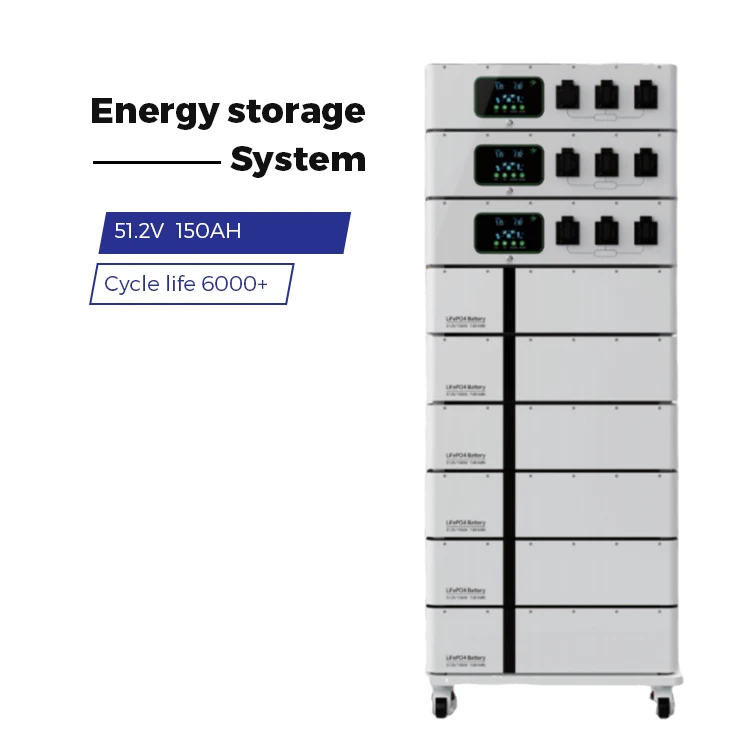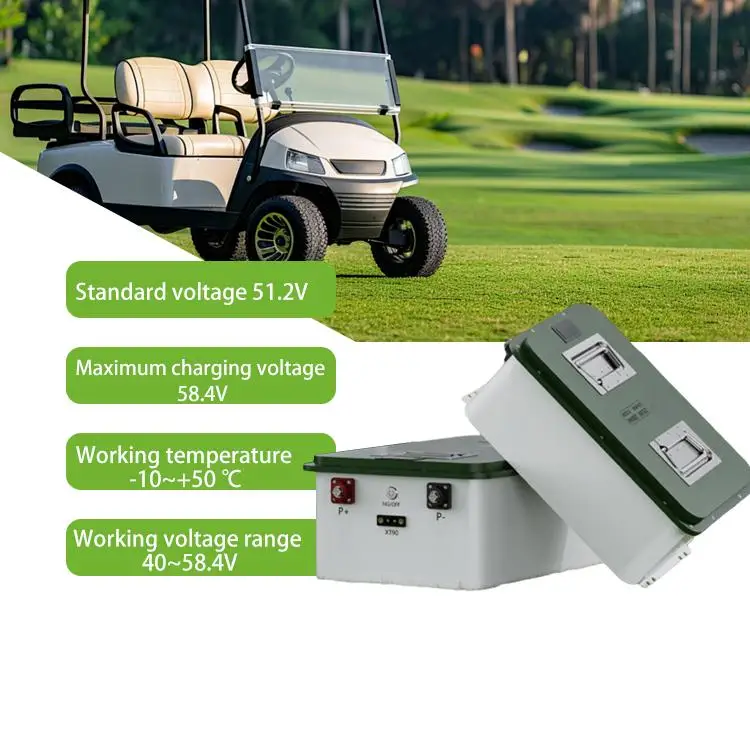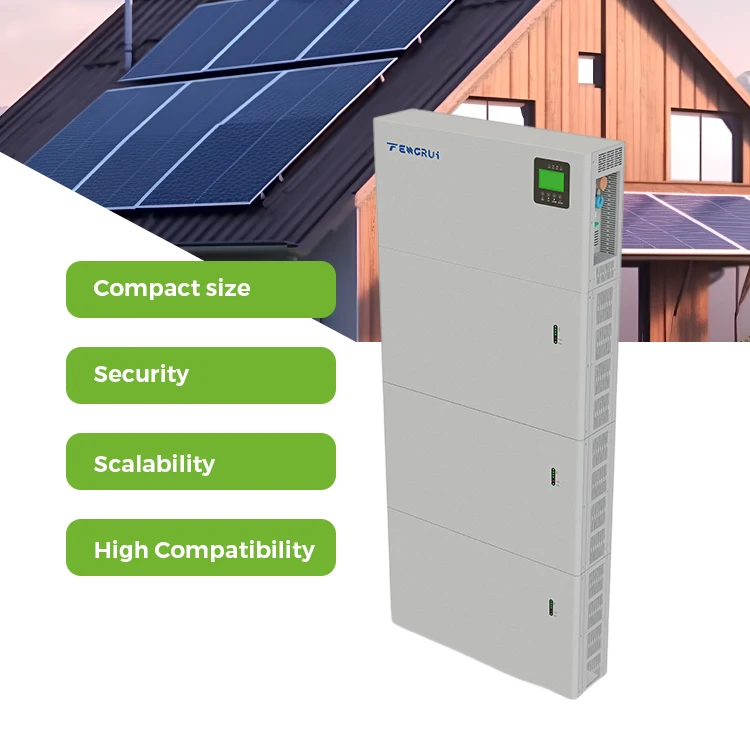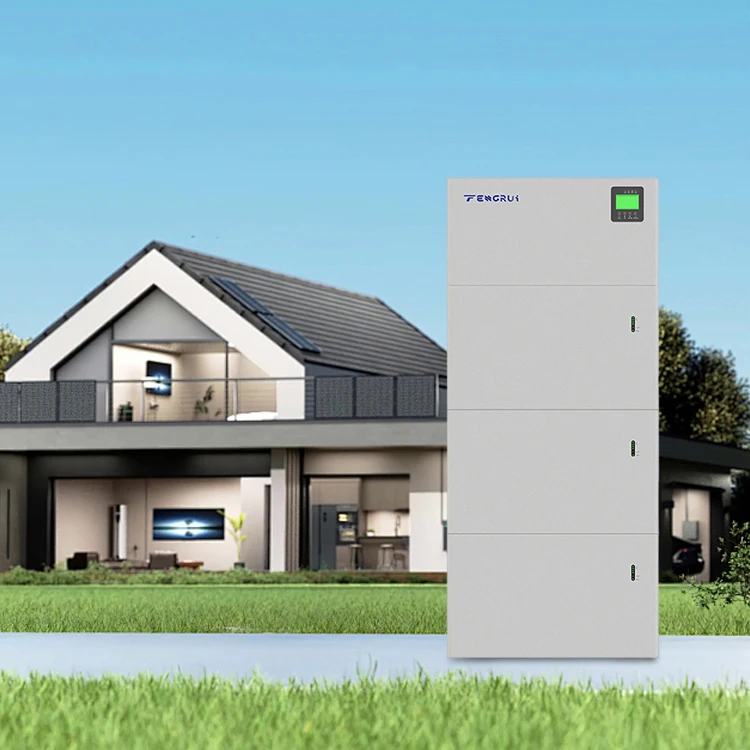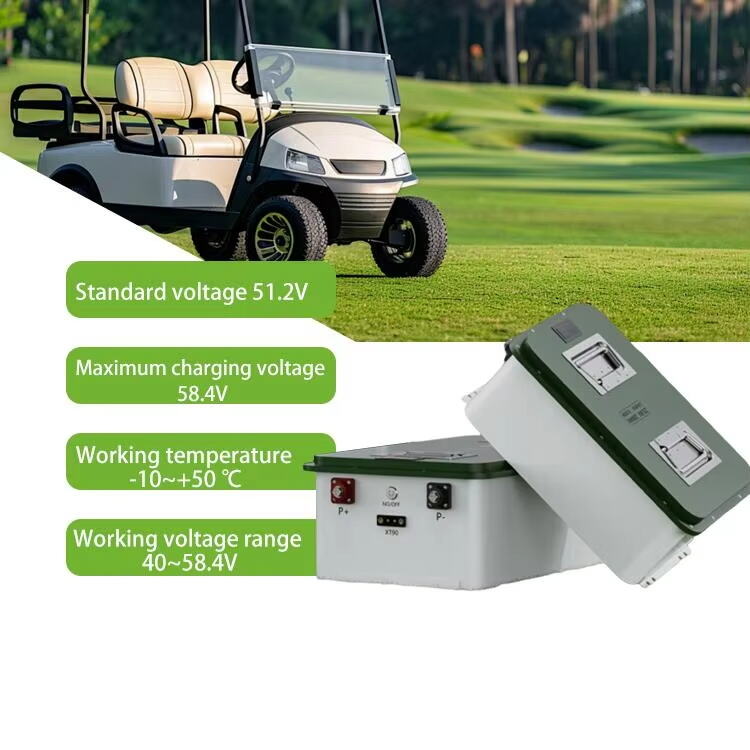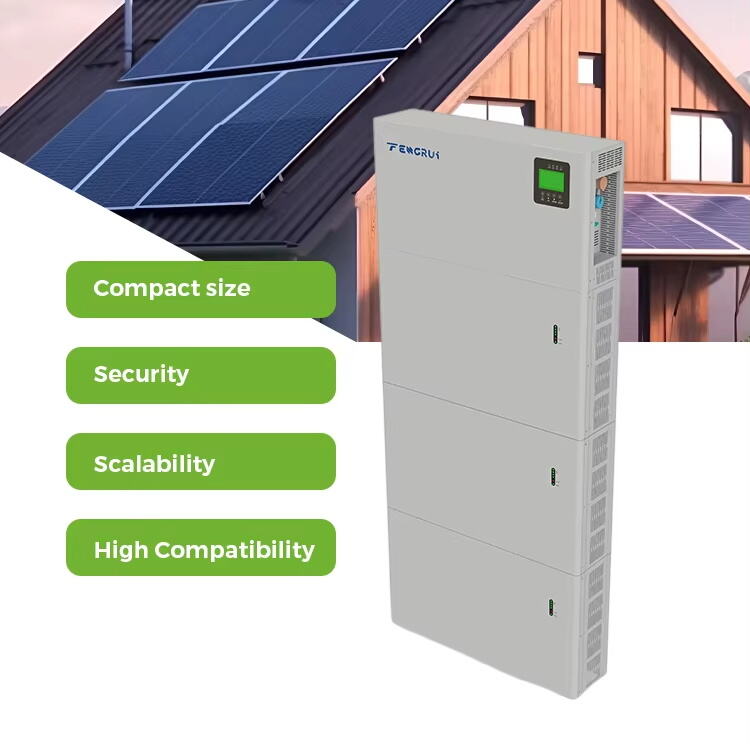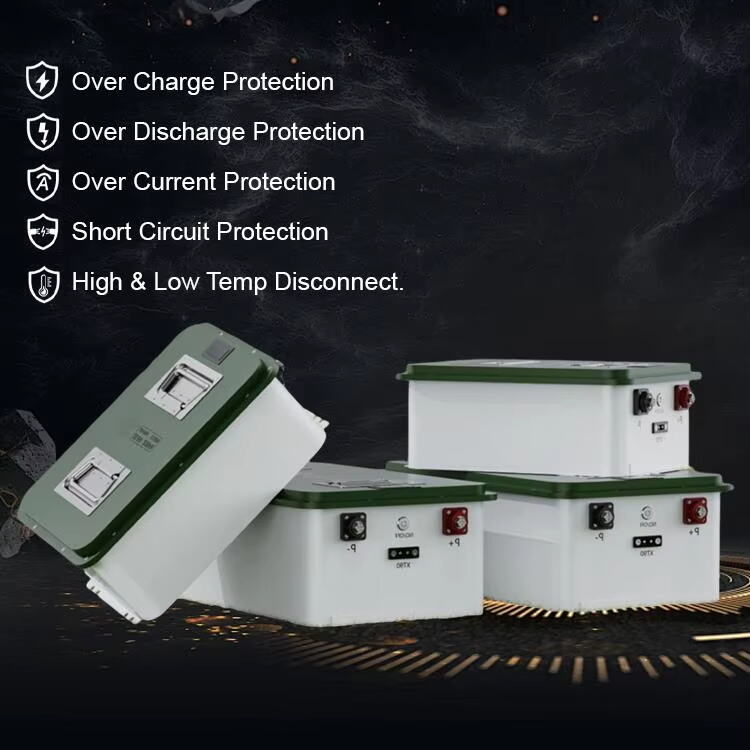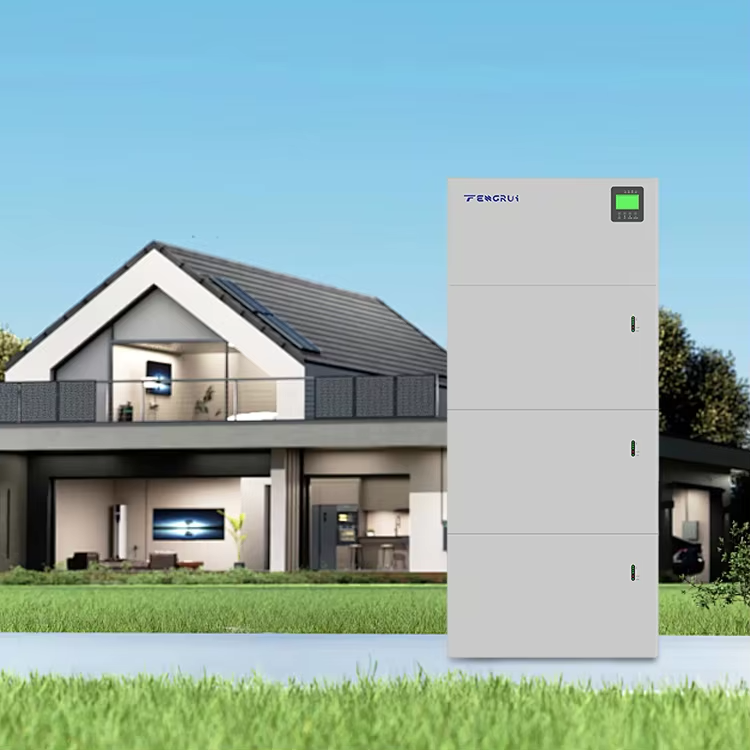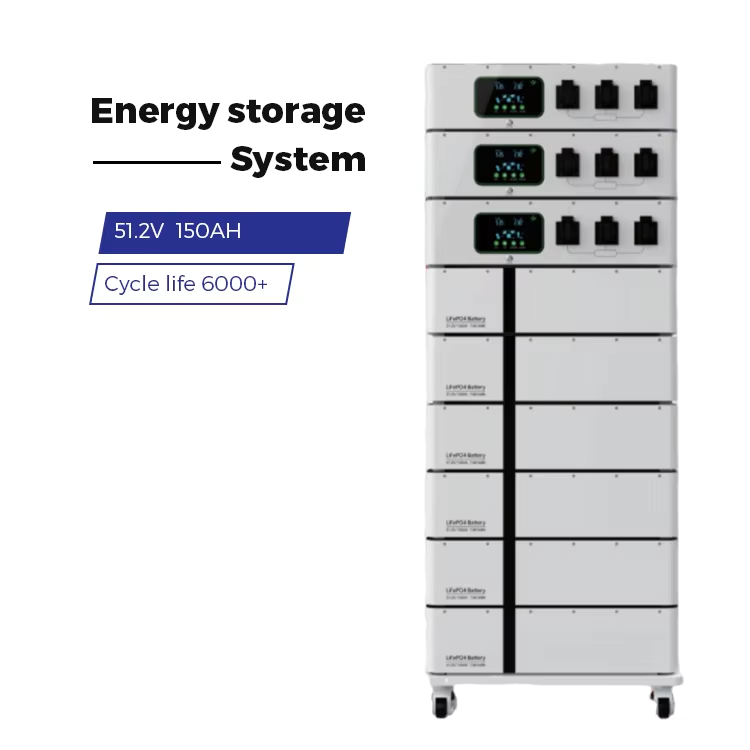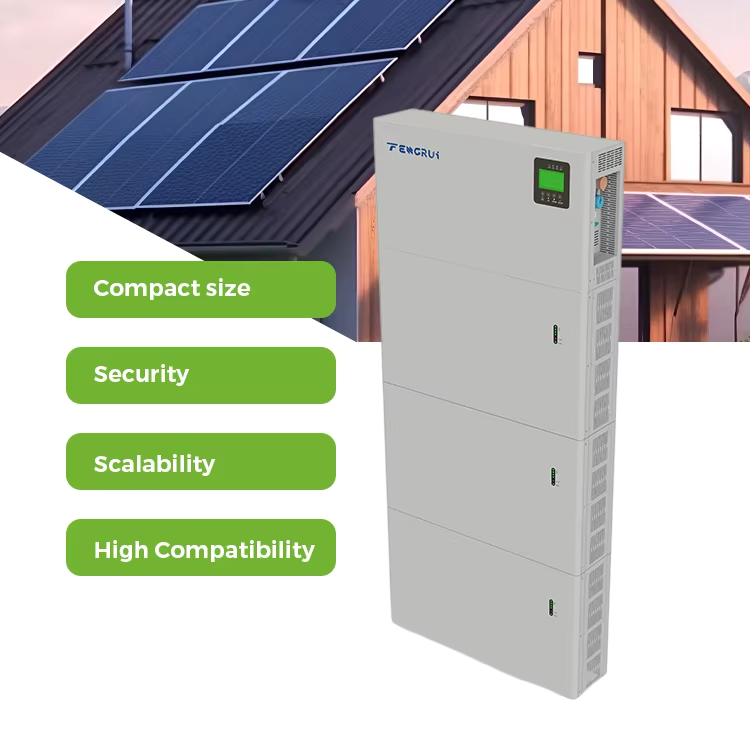home power storage
Home power storage systems represent a revolutionary advancement in residential energy management, offering homeowners unprecedented control over their electricity usage and costs. These systems consist of sophisticated battery units that can store excess energy generated from various sources, including solar panels, wind turbines, or the grid during off-peak hours. The technology primarily employs lithium-ion batteries, similar to those used in electric vehicles, but optimized for stationary home use. These systems integrate seamlessly with existing electrical infrastructure and can be monitored and controlled through user-friendly smartphone applications. Modern home power storage units typically range from 5kWh to 20kWh capacity, suitable for average household needs. They feature advanced battery management systems that optimize charging cycles, monitor temperature, and ensure safe operation. The systems can automatically switch between different power sources, providing uninterrupted power supply during outages. They also include intelligent load management capabilities, allowing homeowners to prioritize essential appliances during extended power failures. Additionally, these systems often incorporate weather forecasting and energy consumption pattern analysis to maximize efficiency and savings.

